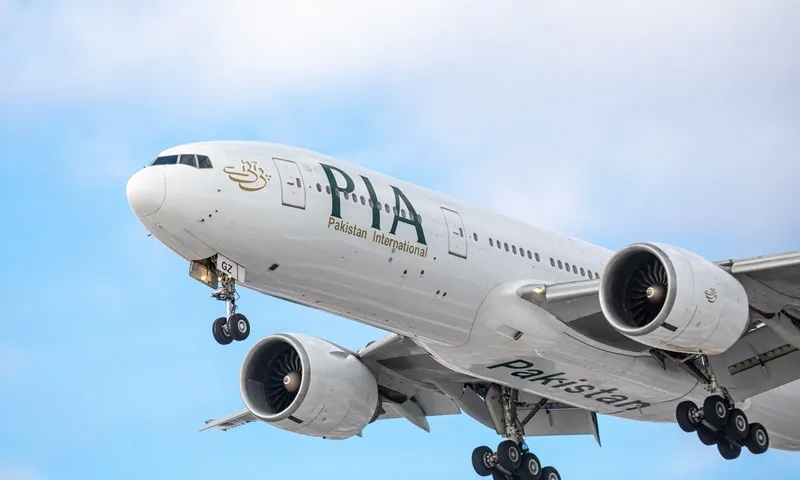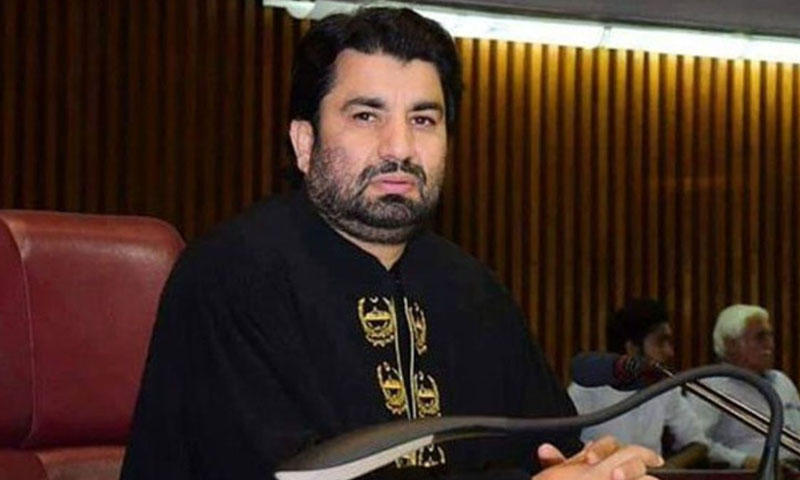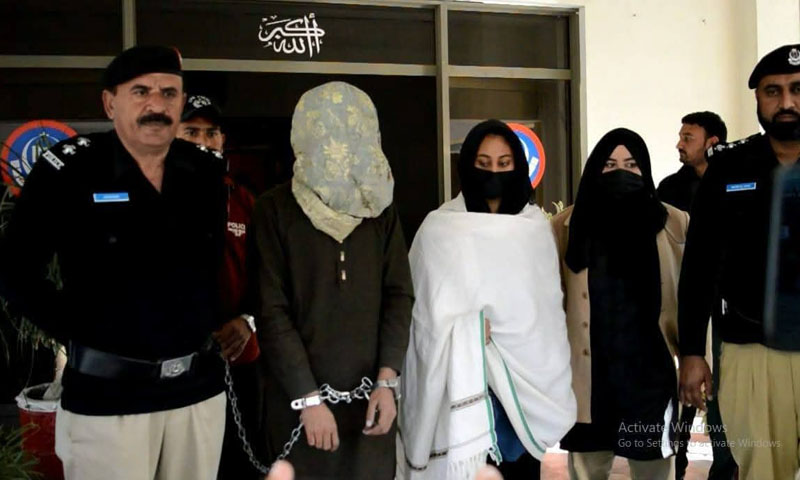- Web Desk
- Feb 09, 2026
PIA adds 11th Airbus A320 to operational fleet
-

- Web Desk
- Dec 22, 2024

ISLAMABAD: The Pakistan International Airlines (PIA) has inducted its 11th Airbus A320, registered as AP-302, into its operational fleet.
The aircraft joins the lineup with newly refurbished engines, fresh paint, and a revamped cabin.
The airline is also set to reintroduce grounded Boeing 777 and ATR planes into its fleet in the coming days.
PIA’s CEO Khurram Mushtaq expressed optimism about the fleet restoration initiative, saying that it would enhance and expand the airline’s network.
He highlighted upcoming improvements, including in-flight internet services on domestic routes, adherence to flight schedules, and a renewed focus on delivering superior service.
This move is part of PIA’s broader efforts to improve operational efficiency and passenger experience ahead of its privatisation.
The government has so far spent over Rs2 billion from the national kitty on consultancy services for its privatisation of PIA, as the process remains still incomplete, official documents reveal.
The expenses, incurred under both the caretaker and current government, were primarily directed towards hiring international consultancy firms to assist in the auction of the PIA.
The Pakistani government is again looking to sell the PIA after a failed auction attempt earlier last month.
The government is now considering a direct sale to other countries or going through the privatisation process.
In the previous attempt, for those unaware, the sole bid received was dismissed as it fell significantly short, offering just 8.5 times below the minimum asking price.
Speaking in the National Assembly, Federal Minister for Law and Justice Azam Nazeer Tarar expressed optimism about receiving improved bids this time, noting that the restoration of PIA routes to Europe was a positive development.
According to documents available with HUM Investigation Team, $1.35 million (approximately Rs380 million) was paid for facilitating the bidding process and attracting potential bidders. An additional $940,000 was paid to the consultancy firm for preparing a restructuring report.
Around $940,000 were pent on drafting a memorandum and organising roadshows, while $625,000 were spent for finalising a scheme of arrangement with the Securities and Exchange Commission of Pakistan (SECP), and another $625,000 were paid to the consultancy firm for the project’s charter.
Despite these spending, the privatisation could not ne completed and the PIA remains unsold.
The only bidder offered a mere Rs10 billion — a fraction of what the government had anticipated.
The stalled process raises questions about the effectiveness of the privatisation strategy and its mounting financial burden on the public purse.




